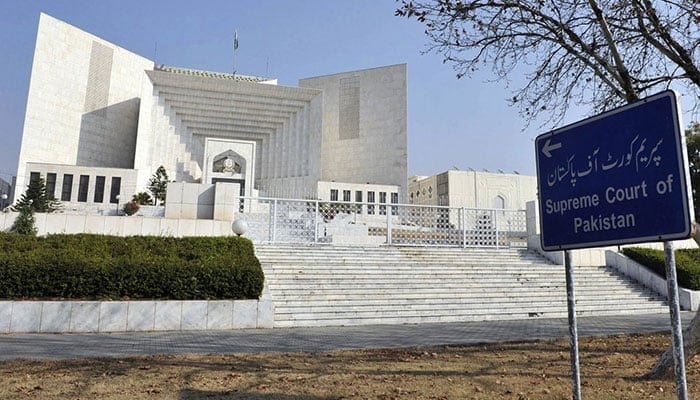SLAMABAD: In a landmark decision, the Supreme Court of Pakistan has declared that job quota policies and related employment packages for the children and widows of government employees are unconstitutional. The 11-page judgment, authored by Justice Naeem Akhtar Afghan, ruled that such policies violated merit-based recruitment principles.
The court overturned the 2021 decision by the Peshawar High Court in a case filed by the General Post Office (GPO), which had challenged the appointment of a petitioner under the Prime Minister’s Employment Package. This package, along with relevant office memorandums, has now been nullified.
Additionally, the Supreme Court struck down several provincial civil service rules that permitted job appointments without advertisement or open merit. This includes Section 11A of the Sindh Civil Servants Rules (1974), Section 10 Sub-Clause 4 of the Khyber Pakhtunkhwa Civil Servants Rules (1989), and Clause 12 of the Balochistan Civil Servants Rules (2009).
The court emphasized that granting jobs to children or widows of government employees without an open and competitive process breaches Articles 3, 4, 5(2), 25, and 27 of the Constitution, which guarantee equality and fairness in public employment.
In its ruling, the court instructed both federal and provincial governments to cease the practice of non-merit-based appointments. However, it clarified that this decision would not affect quotas previously granted, nor would it apply to legal heirs of martyrs who died in terrorist incidents.
The verdict also reiterated that the prime minister does not have the authority to bypass recruitment rules. The court underscored the need for good governance based on equality and merit, rather than discrimination through quota systems.
This case originated from a petition filed by Muhammad Jalal, who sought a Class IV job following his father’s retirement on medical grounds. The Peshawar High Court had initially ruled in Jalal’s favor, directing the GPO to appoint him on a contract basis. This ruling has now been overturned by the Supreme Court.


